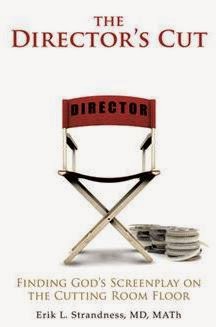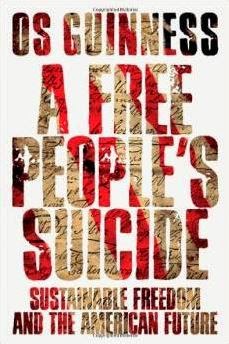Martin Luther maintained that milking cows is as
much the work of God as any deed of a monk, if the one milking does her work by faith. This understanding was articulated
later by the Puritan pastor George Swinnock, who said, “The pious tradesman will know that his shop
as well as his chapel is holy ground.”
The current re-awakening of this liberating truth has the marks of
an authentic move of God, international in scope. While I am most familiar with
what is going on in the US, I know from others, such as David
Oliver in the UK, that the Spirit is at work on both sides of the pond, as well as around
the globe.
David is the founder of Insight Marketing. He is an international speaker and business consultant, who regularly appears on British television and radio. I have known him for nearly a decade, and have the utmost respect. He is not only a man who understands the biblical concept of work,
but lives his understanding in
the “real world” of business.
I am pleased to announce that David’s book, Work: Prison or Place of Destiny, has just
been re-issued in a new edition with added chapters by Mark
Greene, Director of the London Institute for Contemporary Christianity, and myself.
Mark Greene says, “David Oliver’s gracious perseverance of purpose and clarity of vision
provides a fresh way forward that, if heeded, could see a decisive shift in
church culture. And thereby in our nation.” John Beckett, author of Loving Monday, says David’s book, “may be just what you need to reset your
focus onto God’s agenda for your life.” I agree!
As mentioned last week, the Apostle Paul elevated the work of
slaves to the work of God. It is such an understanding of work that
turns the workplace from “prison” to "a place of destiny.”
Whether you’re a bus driver, a banker, or a biologist, David’s book, Work: Prison or Place of Destiny, will motivate you to live out your destiny in the workplace like never before.
If you read just one book in the next year on the topic of living out your faith in the workplace, let it be this one. And give a copy to your pastor.
Whether you’re a bus driver, a banker, or a biologist, David’s book, Work: Prison or Place of Destiny, will motivate you to live out your destiny in the workplace like never before.
If you read just one book in the next year on the topic of living out your faith in the workplace, let it be this one. And give a copy to your pastor.
In the US, e-books
are available at http://bit.ly/WPOPDUSA.
In the UK, at http://bit.ly/WPOPDUK.
Here is a personal message from David:
















